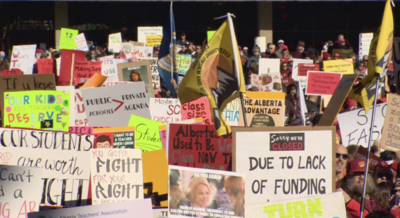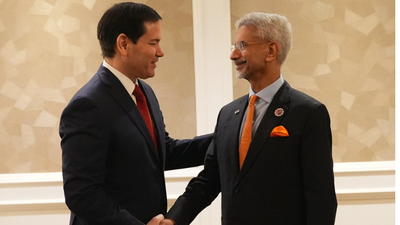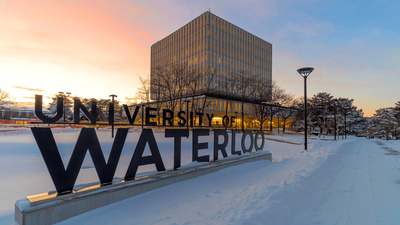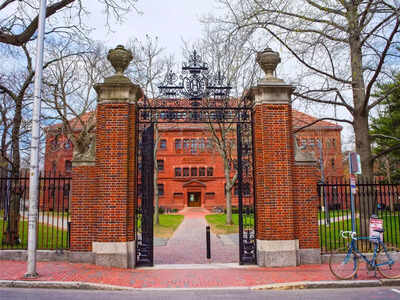Alberta teachers’ strike intensifies as protests target Education Minister Demetrios Nicolaides’ riding

As Alberta’s education crisis enters its fourth week, the debate around classroom conditions, fair funding, and teachers’ rights has moved from legislative corridors to community streets.Over the weekend, protesters from across Alberta gathered in Calgary’s West Springs neighbourhood, part of the Calgary-Bow constituency, held by Education Minister Demetrios Nicolaides since 2019. The rally, organised by Public Interest Alberta, brought together members of the Alberta Teachers’ Association (ATA) and supporters calling for a renewed commitment to public education.
A strike rooted in classroom realities
Around 51,000 teachers across Alberta’s public, separate, and francophone school systems have been on strike since 6 October, affecting nearly 750,000 K–12 students, CBC News reports.Bradley Lafortune, executive director of Public Interest Alberta, described the protest as an effort to “correct the course” of public education, a system he said is “at risk of sinking.” In his statement to CBC, Lafortune attributed the crisis directly to Premier Danielle Smith and Minister Nicolaides, arguing that both had the authority to avert the strike but “chose not to.”Participants distributed yellow signs across the constituency, urging residents to press for “sustainable and equitable funding” and to oppose the province’s proposed Back to School Act (Bill 2), which would compel teachers to return to work.Lafortune told CBC that introducing such legislation would “take away the right to strike” and undermine good-faith negotiations. Instead, he called on the government to reach an agreement through dialogue and to make a long-term investment in Alberta’s public education system.
A parallel political undercurrent
The demonstration coincided with a recall petition against Nicolaides, officially approved earlier this month under Alberta’s recently amended Recall Act, the first such petition since the law’s revision. The petition accuses the minister of failing to support public education.Organisers, who were present at the West Springs event collecting signatures, clarified that the protest and recall drive were separate efforts, CBC reports.In a statement shared on social media, Nicolaides dismissed the recall as a matter of “policy and priorities,” not personal misconduct. He referenced his 2023 re-election, where he secured nearly 50% of the vote in Calgary-Bow, and pledged to continue engaging constituents with “humility.”The petitioners have until 21 January 2026 to gather 16,006 signatures, equivalent to 60% of voters from the last provincial election. If successful, the process would trigger a referendum and potentially a by-election.
Provincial response and legislative direction
Speaking on her weekly radio programme, Your Province, Your Premier, Smith confirmed that her government would table back-to-work legislation on Monday. She acknowledged that teachers had raised “complexity” in classrooms as a key issue but argued that not all such challenges could be addressed through collective bargaining.Smith told CBC that the province’s latest proposal includes a 12 per cent wage increase over four years and funding for 3,000 new teachers. She said the government remains open to collaboration through a proposed education task force, which would examine classroom needs on a “school-by-school basis.”The premier framed the issue as a matter of balance — between the rights of teachers, parents, students, and taxpayers. “If they don’t voluntarily agree to return to work and engage in mediation, we will have to ensure classes resume,” she said, CBC reports.
Balancing rights, reform, and responsibility
While the province prepares to legislate teachers back to classrooms, the broader debate over Alberta’s education system continues to deepen. For educators, the strike has become a call for respect and resources. For the government, it represents a test of policy endurance and political will.As classrooms remain silent and negotiations stall, Alberta stands between restoring stability and reimagining the structure of its public education system.






